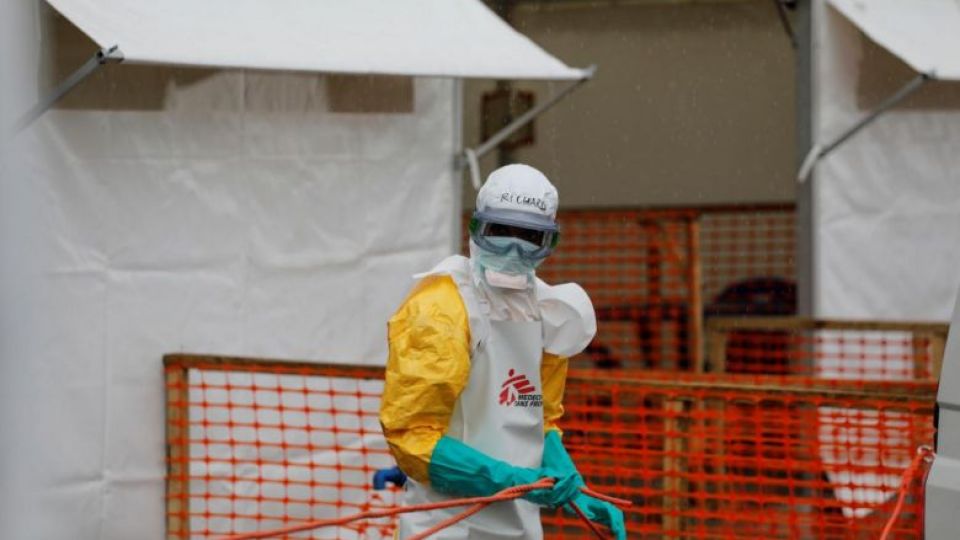August 5, 2019
Test have so far come out negative.
A woman in her 70s has tested negative for the deadly and infectious Ebola virus, Japan’s Ministry of Health said on Sunday (Aug 4), adding that she will continue to be hospitalised for doctors to monitor her condition as a precaution.
The woman, who lives in Saitama prefecture in the Greater Tokyo region, returned to Japan on July 31.
Domestic media reports said that the woman was based in Congo for work for at least six months, though they did not specify her occupation.
She had recorded a fever of 38.2 deg C at 5am on Saturday, which then rose to 38.5 deg C at 5.50pm and 39.2 deg C at 7pm the same day.
The Health Ministry said in a statement earlier on Sunday that the woman tested positive for type A influenza and negative for malaria.
The Ebola scare had led the government to take precautionary measures by setting up an emergency response unit.
In doing so, the Prime Minister’s Office vowed to do all it could to treat the patient and prevent secondary infections. Millions who work and study in Tokyo commute every day from Saitama, which is located less than an hour by train from the capital.
As tests were being conducted on the patient on Sunday, the government had said on Twitter, in a statement posted in both Japanese and English: “Ebola hemorrhagic fever is infectious only at the onset of symptoms. Therefore, the risk of infection for passengers who were on the same flight as the patient is extremely low.”
The Health Ministry said the woman had been taking temperature measurements at a health quarantine station twice a day since her return to Japan. She has told authorities that she had no contact with any Ebola patients in Congo.
Ebola victims typically show symptoms after an incubation period of anywhere from two to 21 days, though the average is seven to 10 days.
Many common illnesses like malaria and influenza have the same symptoms as Ebola, which include sudden fever, migraines, muscle pain, lethargy and sore throat.
After these, other symptoms like vomiting, diarrhoea, chest and abdominal pains, and unexplained bleeding or bruising may occur.
The Ebola virus cannot spread before the onset of symptoms, and cannot be transmitted by air and by mosquitoes. But it can be spread by direct contact with blood or body fluids – including urine, saliva, sweat, faeces, vomit, breast milk, and semen – of an infected victim, or objects that are contaminated with fluids of an infected patient.
This month marks one year since the World Health Organisation (WHO) declared an outbreak of the Ebola virus in Congo.
Last month, the outbreak was declared a global health emergency that left more than 2,600 people infected and over 1,800 killed, though WHO stressed that it was “still a regional emergency and by no way a global threat”.
Only four such declarations – issued for epidemics that pose a serious threat to public health and may spread worldwide – have been made in the past.


